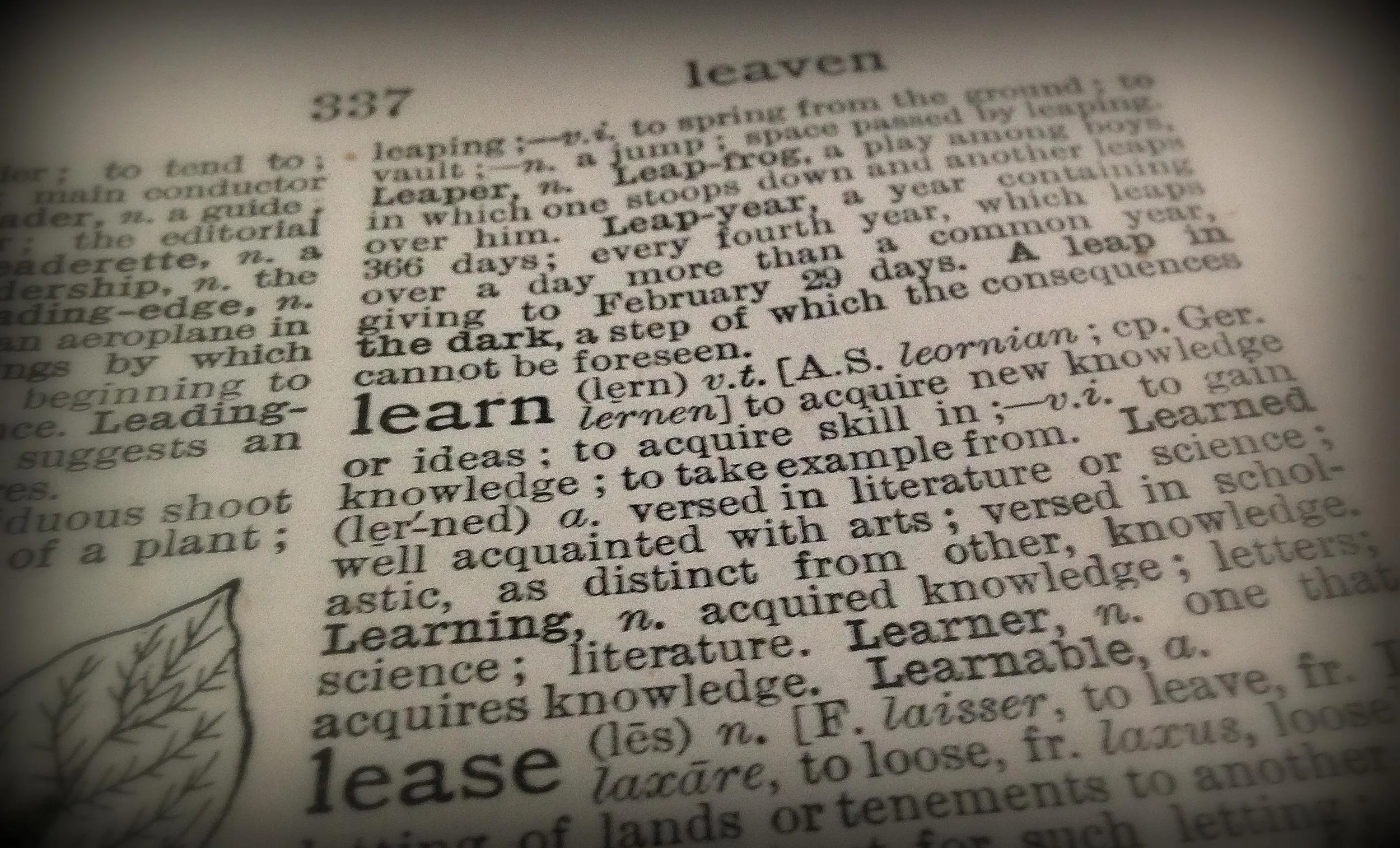Everywhere I go, people want to talk about one thing: college.
The Misguided Drive to Measure ‘Learning Outcomes’ (NY Times)
In 2018, more and more university administrators want campuswide, quantifiable data that reveal what skills students are learning. Their desire has fed a bureaucratic behemoth known as learning outcomes assessment. This elaborate, expensive, supposedly data-driven analysis seeks to translate the subtleties of the classroom into PowerPoint slides packed with statistics — in the hope of deflecting the charge that students pay too much for degrees that mean too little.
Rolling Admissions: 10 Frequently Asked Questions (U.S. News)
10 of the most frequently asked questions about rolling admissions answered, in brief.
Why Is a College-Admissions Code of Ethics Such a Big Deal? (Chronicle of Higher Ed)
This week the DOJ requested information from several members of a committee that recently helped revamp NACAC's “Code of Ethics and Professional Practices,” an extensive list of rules and standards that govern the college admissions process. Why is law-enforcement’s top agency sniffing around an admissions association’s long-winded ethics code?
Department of Justice Probes Admissions Ethics Code (Inside Higher Ed)
The U.S. Department of Justice has launched an investigation into whether the ethics code of the National Association for College Admission Counseling violates federal antitrust law.
Revised Data Shows Community Colleges Have Been Underappreciated (NY Times)
New data suggests that some community colleges are doing a much better job of preparing students for future success than they’ve gotten credit for. Lawmakers and students may want to take a fresh look at them as an affordable starting point on the road toward a college degree.
A Few Telling Freshman Trends (NY Times)
How are new students feeling? What matters to them? Are they where they want to be? The Higher Education Research Institute at U.C.L.A., which has been surveying first-year students across the country for more than half a century, has some answers
What Colleges Want in an Applicant (NY Times)
The debate about who gets into the nation’s competitive colleges, and why, keeps boiling over. And the admissions process isn’t fair. Like it or not, colleges aren’t looking to reel in the greatest number of straight-A students who’ve taken seven or more AP courses. A rejection isn’t really about you; it’s about a maddening mishmash of competing objectives.
10 Things to Know About Getting Into Your Dream College (NY Times)
There’s no magic formula for getting into a selective college, but these takeaways, based on hundreds of interviews with admissions deans over the years, may help you navigate the process.
When Affirmative Action Isn’t Enough
Despite the continued debate and legal wrangling over whether college affirmative action efforts are too aggressive, black and Hispanic freshmen were more underrepresented at the nation’s top schools in 2015 than they were in 1980
When Community College Is Free
Does free community college work? An experiment in Chicago suggests that the answer is yes. Two years ago, under a program called the Star Scholarship, Chicago began to offer free community college to all public high school graduates who earned a B average or higher and demonstrated near college-level proficiency in their work.
Since the program was created by Mayor Rahm Emanuel, roughly 1,000 students a year — about 5 percent of each Chicago Public Schools graduating class — have claimed their reward...The early results of this initiative have been incredibly encouraging.
I Said We’d Never Hire a College Admissions Adviser. Then We Did. (NY Times)
...it was my son’s junior year, and there we were, writing a check to an advising company. I was more than a little embarrassed. Apparently, we are those parents.
